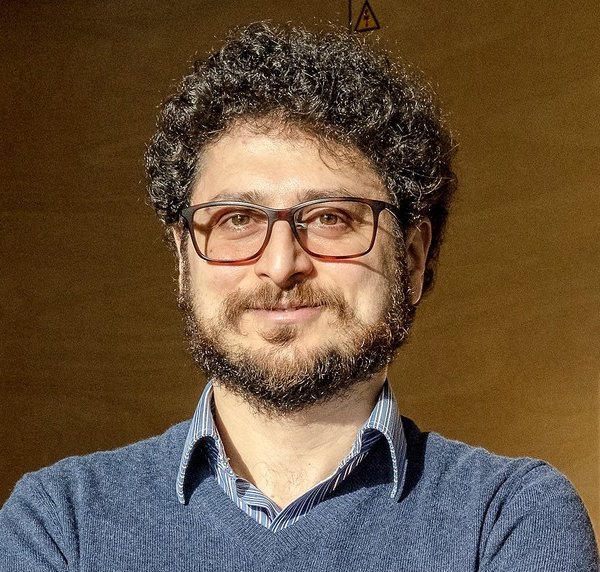Police, TNO and TU Delft join forces on national security innovation
The Netherlands Organisation for Applied Scientific Research (TNO), the Dutch police force and TU Delft, headed by the TU Safety & Security Institute, are to begin collaboration on innovation in the field of national security. The three organisations are well acquainted, and already collaborate on a number of Safety & Security matters, such as detection, monitoring and cyber security. The signing of the declaration of intent represents the three parties’ commitment to expanding the joint innovation activities and to continued professionalisation, coordination and synergy in order to increase the impact of the collaboration.
Behnam Taebi, Scientific Director of the Safety & Security Institute at TU Delft, Tjarda Krabbendam, Senior Program Manager of National Security at TNO and Jeroen van Vugt, Director of Strategy and Innovation at the police are looking forward to working together. "The three parties currently each have separate responsibilities and roles when addressing issues of national security. However, experience in recent years suggests that we get better results when we share our knowledge and expertise from the outset. This helps to create structured and balanced knowledge foundations, which creates added value for both the scientific community and the police. Academic knowledge is quickly put into practice, and academics gain insight into pressing operational challenges," explains Tjarda Krabbendam.
“We are essentially further expanding and professionalising the existing collaboration,” adds Behnam Taebi. “Various PhD tracks have already been launched, focused on areas including improved prioritisation of suspects and enhanced risk profiling using artificial intelligence (AI). And earlier this year, we started two major research projects. One regarding staffing optimisation within the police forces, and one exploring the use of smart robots in dangerous situations."
“This collaboration contributes directly to our strategic objectives," says Jeroen van Vugt. “The structural acquisition and utilisation of knowledge in the field of technology and innovation enables us to be the most modern and effective police force possible. It helps us to continue to serve with vigilance and uphold the values of the democratic state."
Internship students, doctoral candidates and post-docs will be working together to give shape and substance to the joint knowledge development venture. A number of relevant research programmes will be developed in cooperation with the police, with TU Delft and TNO offering technical and academic support. An example project explores how the work-related stress experienced by incident room staff can be gauged. And looks at what information can be offered to these security professionals to help them better manage this work-related stress. These are key questions in a project recently launched by TU Delft students, commissioned by, and in collaboration with, the police and TNO.
Van Vugt emphasises the vital importance of projects such as this: “We need to be able to experiment, to learn, to acquire knowledge, to recognise good ideas and scale up. We want to work together to effect smarter, cheaper and more efficient change, and to increase the organisation's ability to realise projects. One way of doing this is to connect strategy and policy to developments in professional practice. Collaboration with (applied) science represents a significant step towards increasing the impact on security."

